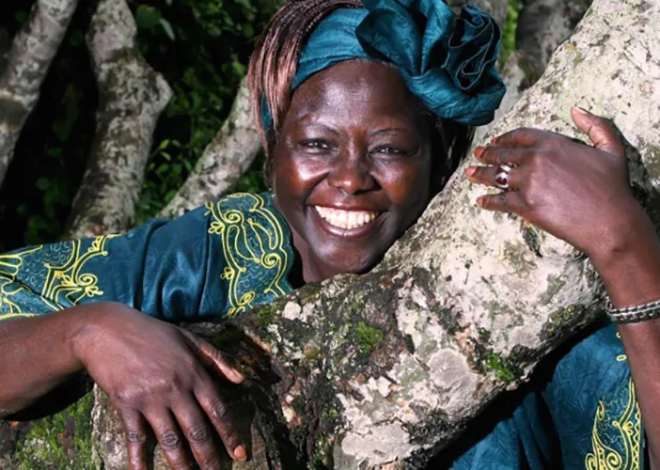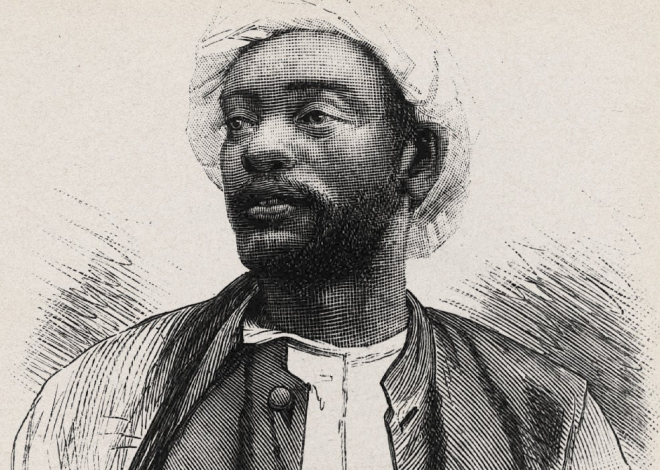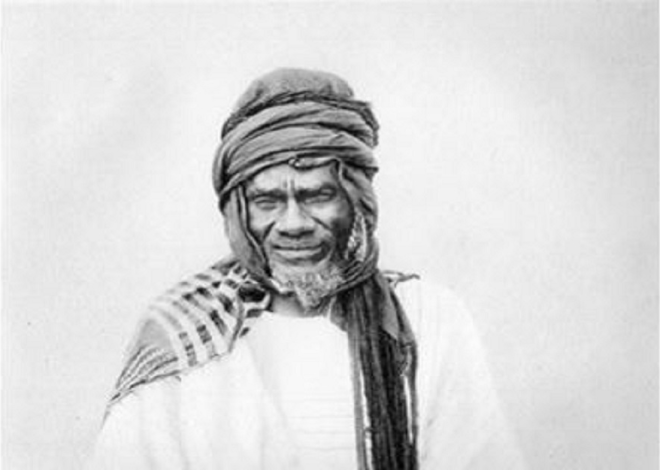
Wangari Maathai
Wangari Maathai was a prominent Kenyan environmentalist, political activist, and Nobel Peace Prize laureate. Born on April 1, 1940, in Nyeri, Kenya, and passing away on September 25, 2011, in Nairobi, she made significant contributions to environmental conservation, women’s rights, and social justice.
Here is a detailed description of her life and achievements:
Early Life and Education:
- Wangari Maathai was born into a Kikuyu family in rural Kenya during a time when the country was under British colonial rule.
- She attended local schools before earning a scholarship to study biology in the United States. She completed her undergraduate degree at Mount St. Scholastica College (now Benedictine College) in Atchison, Kansas.
- She went on to obtain a master’s degree in biology from the University of Pittsburgh and a doctorate in anatomy from the University of Nairobi, becoming the first woman in East and Central Africa to earn a Ph.D.
- Wangari is best known for founding the Green Belt Movement in 1977. This grassroots environmental organization focused on tree planting, conservation, and women’s empowerment.
- The movement aimed to combat deforestation, soil erosion, and desertification in Kenya by mobilizing local women to plant trees and take an active role in environmental stewardship.
- Under her leadership, the Green Belt Movement planted millions of trees across Kenya, restoring forests and improving local ecosystems.
Environmental Activism:
- Maathai’s work in environmental conservation extended beyond tree planting. She was a vocal advocate for sustainable development, responsible resource management, and the protection of natural habitats.
- She also campaigned against illegal logging, land grabbing, and environmental degradation, often challenging government and corporate interests.
Women’s Empowerment:
- Maathai recognized the interconnection between environmental conservation and women’s empowerment. She believed that by involving women in tree planting and conservation efforts, they could gain economic independence and have a voice in decision-making processes.
- Her work helped empower countless Kenyan women, providing them with income-generating opportunities and a platform for activism.
Political Career:
- Wangari was not only an environmentalist but also an advocate for democracy and human rights. She was involved in various political movements and served as a Member of Parliament in Kenya from 2002 to 2007.
- Her activism often put her in conflict with the government, and she was arrested and imprisoned several times for her outspoken views.
Nobel Peace Prize:
- In 2004, Wangari was awarded the Nobel Peace Prize for her contribution to sustainable development, democracy, and peace. She was the first African woman to receive this prestigious honor.
Legacy:
- Maathai’s legacy continues to inspire people around the world. Her dedication to environmental conservation, women’s rights, and social justice has left a lasting impact.
- Her life’s work serves as a reminder of the power of grassroots activism and the importance of addressing environmental issues in the context of broader social and political challenges.
Books
- The Green Belt Movement: The book provides a comprehensive overview of the Green Belt Movement, an environmental organization founded by Wangari Maathai herself. It details the organization’s approach to environmental conservation, its experiences, and its impact.
- Unbowed: A Memoir: The memoir provides a vivid account of Maathai’s remarkable life, from her childhood in rural Kenya to her pioneering efforts in environmental conservation and women’s empowerment.
- The Challenge for Africa: In this book, Maathai addresses the complex challenges facing the African continent and offers her insights, solutions, and a visionary perspective on how Africa can overcome its various obstacles and achieve sustainable development.
Wangari Maathai’s life and achievements serve as an inspiration for future generations to actively engage in environmental conservation and social justice efforts, highlighting the critical role that individuals can play in creating positive change in the world.







